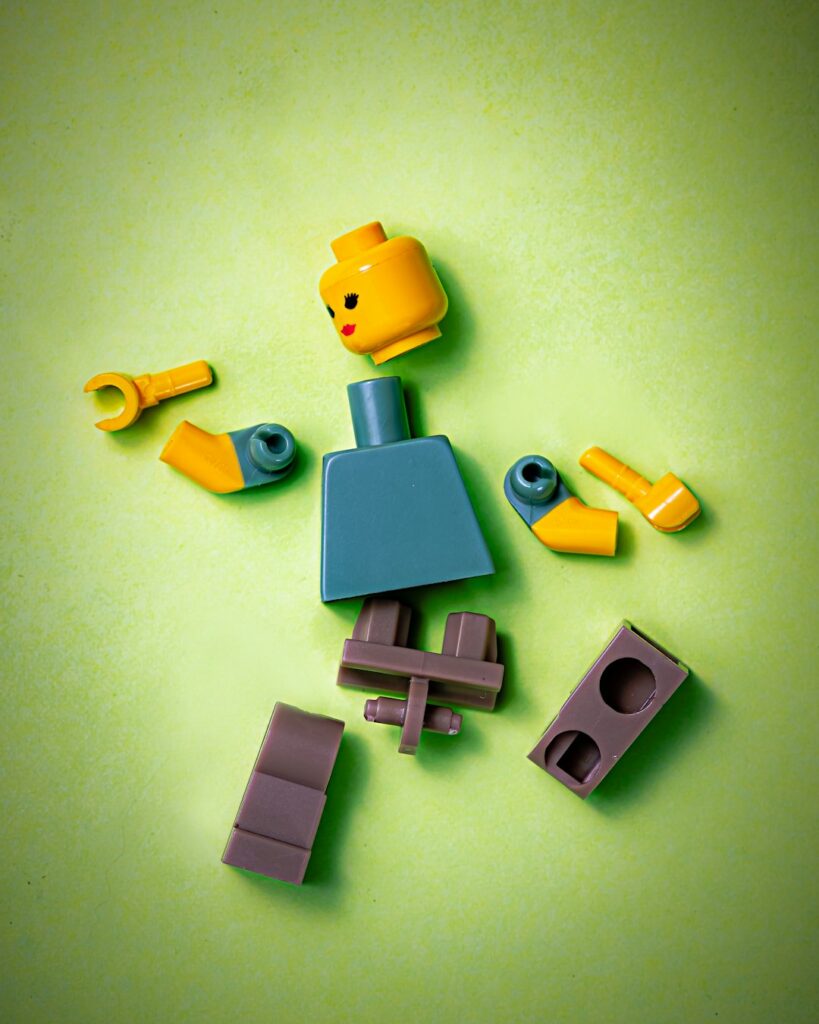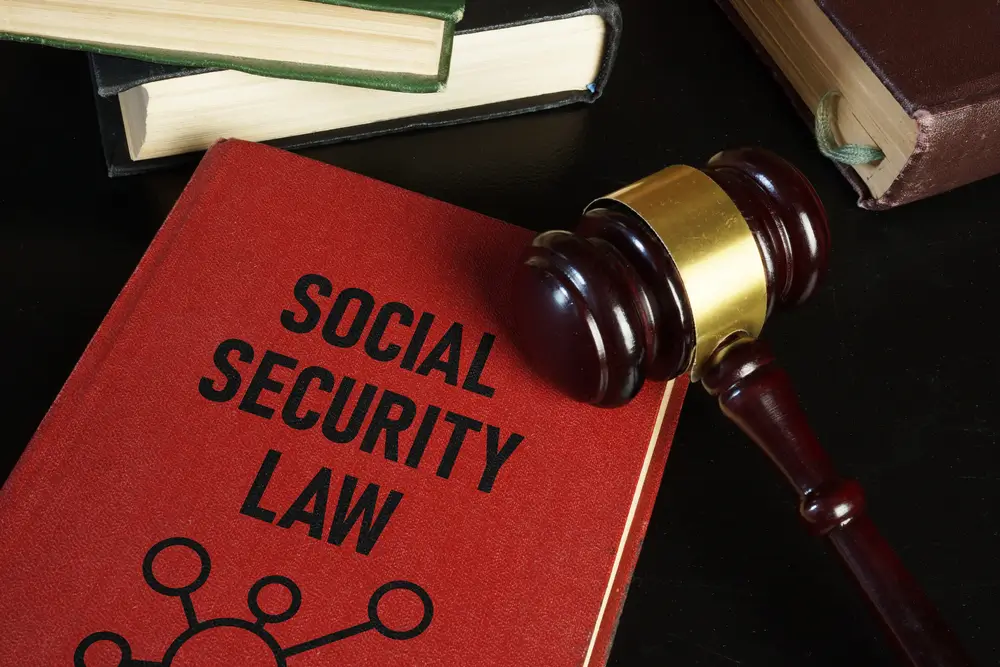When a minor accident occurs, it can quickly escalate into a larger issue. Whether it’s a fender bender or a small fall, minor accidents can result in injuries, property damage, and annoyances that could have lasting consequences. Learn how to navigate such situations for your well-being and to mitigate potential liabilities.
Once you are aware of the steps you should take, you can avoid headaches so that you’re prepared for whatever might come next. This article encompasses essential strategies to help manage minor accidents effectively, providing clarity on actions to take immediately following the incident.
Assess the Situation Carefully
After an accident, the first step is to assess the situation thoroughly. Check yourself and others involved for injuries and prioritize safety above everything else. Minor injuries might not appear serious at first, but could deteriorate without immediate medical attention. Remain calm and gather your thoughts before reacting. The scene should be secure to prevent additional accidents. If necessary, move to a safer location while waiting for law enforcement.
In many cases, you want to exchange information with the other party, including names, contact information, and insurance details. As you interact, take note of any visible damages and injuries. Document the scene with photographs—this information may come in handy for insurance claims or future legal considerations.
Consult a Legal Professional
Some accidents may escalate beyond what you can handle alone, necessitating professional assistance. If you start to experience complications with insurance claims or disputes arise regarding liability, it might be time to consult with legal experts. Legal professionals can provide advice regarding your situation and ensure you understand your options for proceeding. If you were involved in a motorcycle accident, look into specialized legal support for riders to secure compensation for medical treatment and potential loss of income. Keep in mind that complex cases involving serious injuries or claims could benefit from legal representation to safeguard your interests. The sooner you seek help, the better prepared you will be to navigate complex situations and achieve a favorable outcome.
Seek Medical Attention
Even if you consider your injuries minor, some injuries may not manifest symptoms immediately, mostly in scenarios involving whiplash or concussions. Medical professionals possess the expertise needed to diagnose potential problems you might overlook. It’s not uncommon for individuals to dismiss lingering soreness, believing it will fade away on its own.
Being examined by a healthcare provider also serves as documented evidence. Should a minor injury evolve into chronic pain, having a medical record can be incredibly valuable. Administrative aspects like billing and follow-up care become easier to manage when backed by diligent medical documentation.
Communicate with Insurance Providers
Once you’ve managed safety and health, you’ll want to contact your insurance provider. Reporting the accident should be done as soon as possible, regardless of how minor it may seem. Companies have strict timelines for claims reporting. When discussing the particulars of your accident, provide accurate and clear information without admitting fault.
Insurers rely heavily on details, and an accurate account will streamline the investigation process. Review your policy to understand your coverage and what assistance you can expect. In many situations, insurance companies can help with repairs, medical expenses, and legal fees.
Document Everything
Proper documentation cannot be overstated when dealing with minor accidents. Make a habit of recording every detail related to the incident, including dates, times, locations, and the names of people involved. Detailed records of conversations with insurance agents or medical practitioners also hold significant weight.
Obtain photographic evidence of the accident scene, vehicle damage, and any visible injuries. Have a journal reflecting your thoughts and feelings post-accident if you experience any physical or emotional challenges. This process improves your mental health by providing an outlet and creating a comprehensive record of your recovery. Documentation will prove invaluable whether you agree to a settlement or face disputes later.
Understand Your Rights
Various laws govern personal injury, and awareness of these regulations can prevent missteps post-accident. In many places, negligence can impact liability—understanding comparative negligence laws can help you assess your responsibility in an accident. In instances where more significant issues arise, know your rights regarding compensation. If an injury persists or if property damage occurs, explore your options for compensation.
Working towards an amicable resolution is often the best route. When discussions escalate or when mediation becomes necessary, the right legal support can provide the expertise necessary to manage your claims and navigate complex situations.
When a minor accident escalates, having a clear plan allows you to handle the situation more effectively. Assess the scene, prioritize health, engage with insurers responsibly, and understand your rights. Document the incident thoroughly, and when needed, don’t hesitate to seek legal counsel. Taking these steps provides a smoother resolution and keeps you protected in any future complexities.






